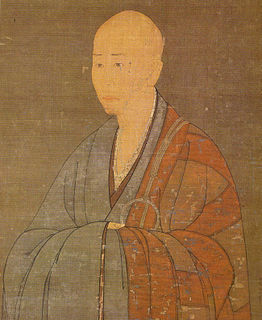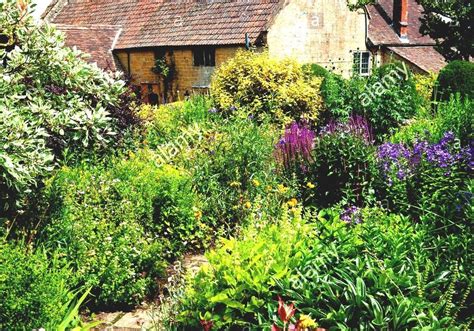A Quote by Harley Pasternak
I used to laugh at my friends who garden, but I now garden. You don't even feel like you're exercising. You're having fun, and you're being healthy at the same time.
Related Quotes
If, I can someday see M. Claude Monet's garden, I feel sure that I shall see something that is not so much a garden of flowers as of colours and tones, less an old-fashioned flower garden than a colour garden, so to speak, one that achieves an effect not entirely nature's, because it was planted so that only the flowers with matching colours will bloom at the same time, harmonized in an infinite stretch of blue or pink.
you mustn't rely on your flowers to make your garden attractive. A good bone structure must come first, with an intelligent use of evergreen plants so that the garden is always clothed, no matter what time of year. Flowers are an added delight, but a good garden is the garden you enjoy looking at even in the depths of winter.
Inside every one of us is a garden, and every practitioner has to go back to their garden and take care of it. Maybe in the past, you left in untended for a long time. You should know exactly what is going on in your own garden, and try to put everything in order. Restore the beauty; restore the harmony in your garden. If it is well tended, many people will enjoy your garden.
Zen is to religion what a Japanese "rock garden" is to a garden. Zen knows no god, no afterlife, no good and no evil, as the rock-garden knows no flowers, herbs or shrubs. It has no doctrine or holy writ: its teaching is transmitted mainly in the form of parables as ambiguous as the pebbles in the rock-garden which symbolise now a mountain, now a fleeting tiger. When a disciple asks "What is Zen?", the master's traditional answer is "Three pounds of flax" or "A decaying noodle" or "A toilet stick" or a whack on the pupil's head.
The Japanese garden is a very important tool in Japanese architectural design because, not only is a garden traditionally included in any house design, the garden itself also reflects a deeper set of cultural meanings and traditions. Whereas the English garden seeks to make only an aesthetic impression, the Japanese garden is both aesthetic and reflective. The most basic element of any Japanese garden design comes from the realization that every detail has a significant value.



































